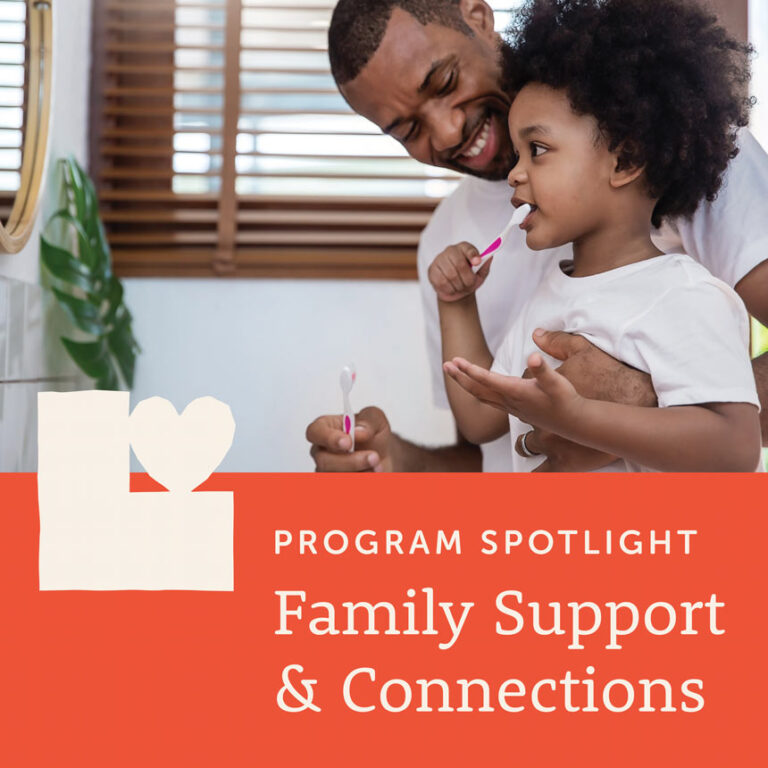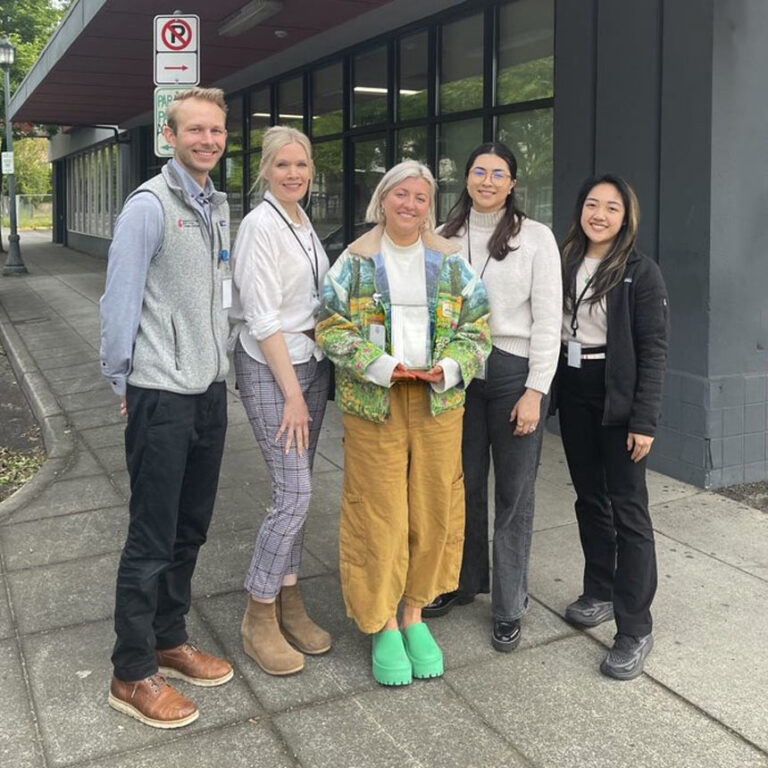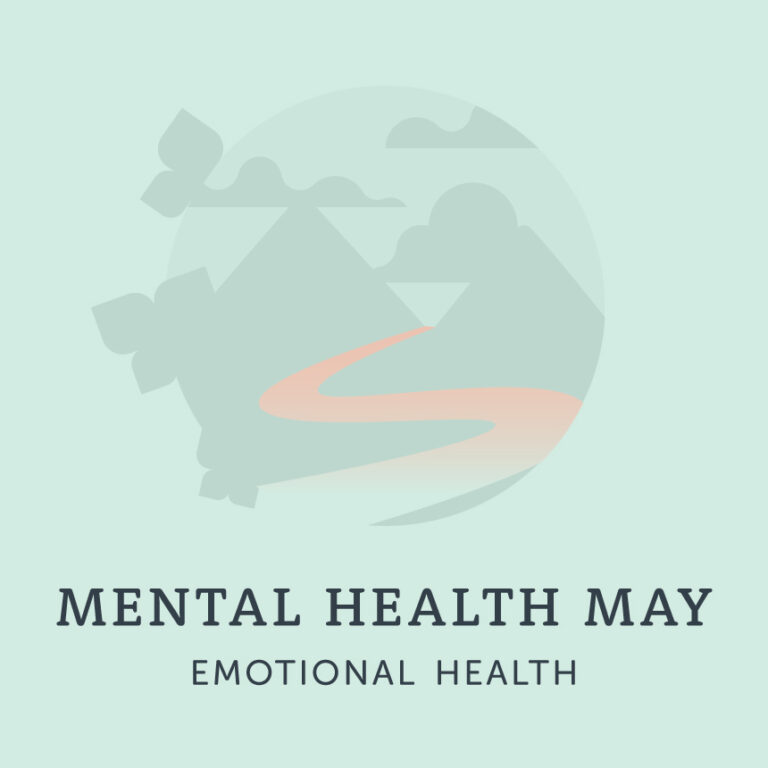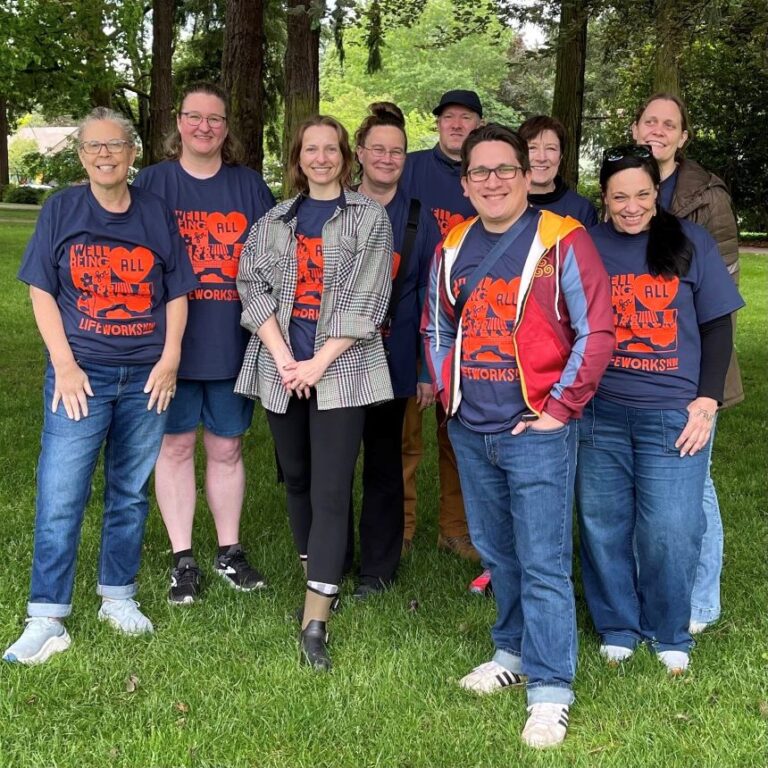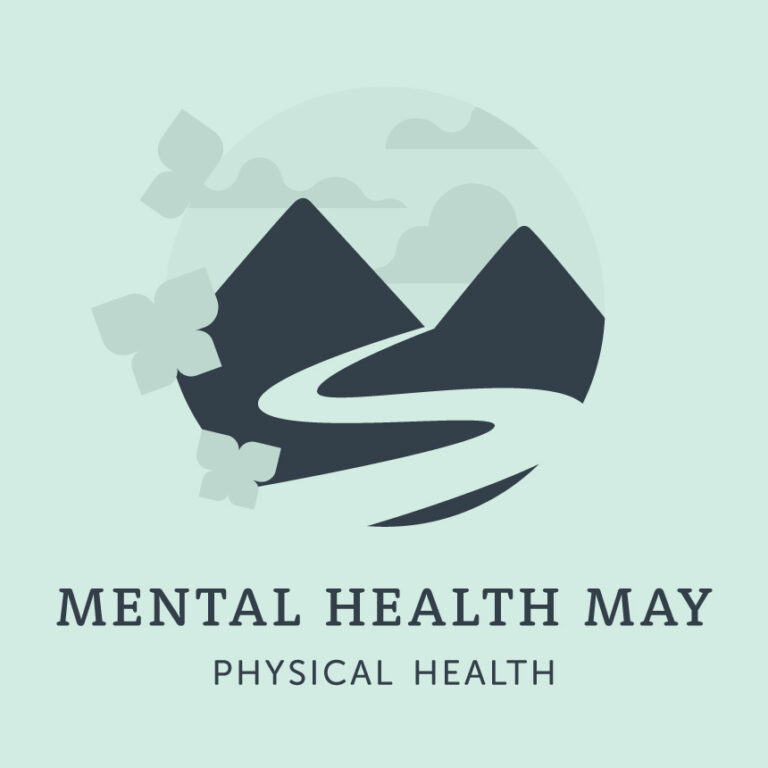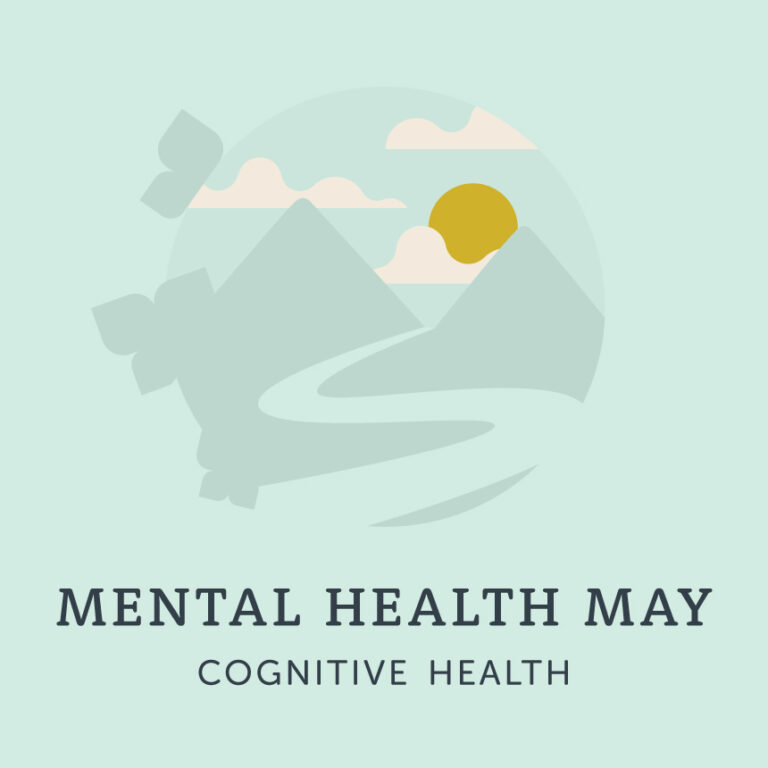
Post-Traumatic Stress Disorder, or PTSD, can be a long-term response to stressful ordeals. The National Center for PTSD declared June Post Traumatic Stress Disorder Awareness Month, with a worldwide awareness day that occurs annually at the end of June.
The history of the disorder dates to early battlefields. Soldiers were changed by their experience. Those who suffered from what was then called “shell shock” struggled to adjust to civilian life.
What is PTSD?
The American Psychiatric Association defines PTSD as “a psychiatric condition that may occur in people who have experienced or witnessed a traumatic event or series of traumatic events.”
Examples of events that can lead to PTSD include:
- Physical, emotional, or sexual abuse
- Community-wide disasters
- Surviving combat
- Sexual assault
- Serious illness or injury
People who have had one traumatic event can develop PTSD. Those who have survived ongoing trauma can develop Complex Post-Traumatic Stress Disorder, defined by Cleveland Clinic as a disorder that "can result from experiencing chronic trauma, such as prolonged child abuse or domestic violence."
Common symptoms of PTSD
While many survive trauma without developing PTSD, knowing the signs can lessen suffering. Symptoms include:
- Memories or flashbacks that intrude without warning
- Physical reactions when reminded of trauma. This can include sweating or racing heartbeat
- Sleep problems
- Avoiding environments or situations that remind you or the trauma
- Going numb
While only a trained professional can diagnose PTSD, the U.S. Department of Veterans Affairs offers a simple a self-screening tool.
What kind of treatment is available for PTSD?
Living with PTSD is manageable. Effective treatments include one-on-one talk therapy and specialized approaches such as exposure therapy and Eye Movement Desensitization and Reprocessing (EMDR).
If you believe you or a loved one is struggling with PTSD, LifeWorks NW has qualified therapists who can provide the care you need. Call 503-645-9010 or fill out our contact form for details.
LEARN MORE
- PTSD questions and answers, American Psychiatric Association
- Fact sheet on post-traumatic stress disorder, National Institute of Mental Health
- PTSD: how is treatment changing?, Harvard Health
- Veterans of Foreign Wars urges veterans to prioritize mental health during PTSD Awareness Month and beyond, Veterans of Foreign Wars




